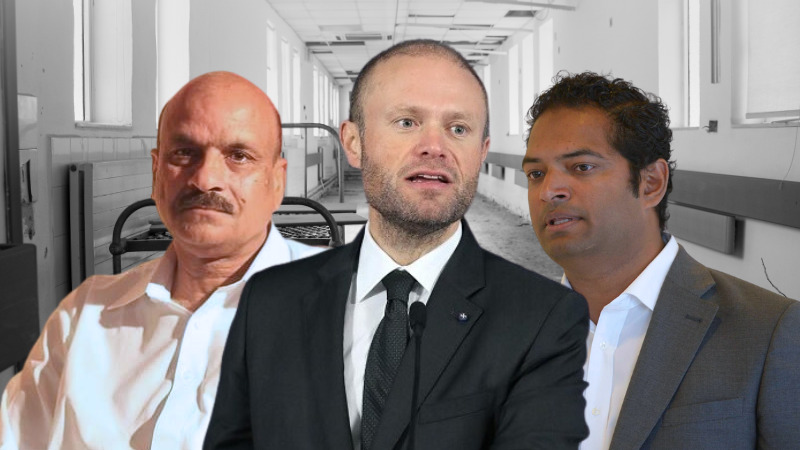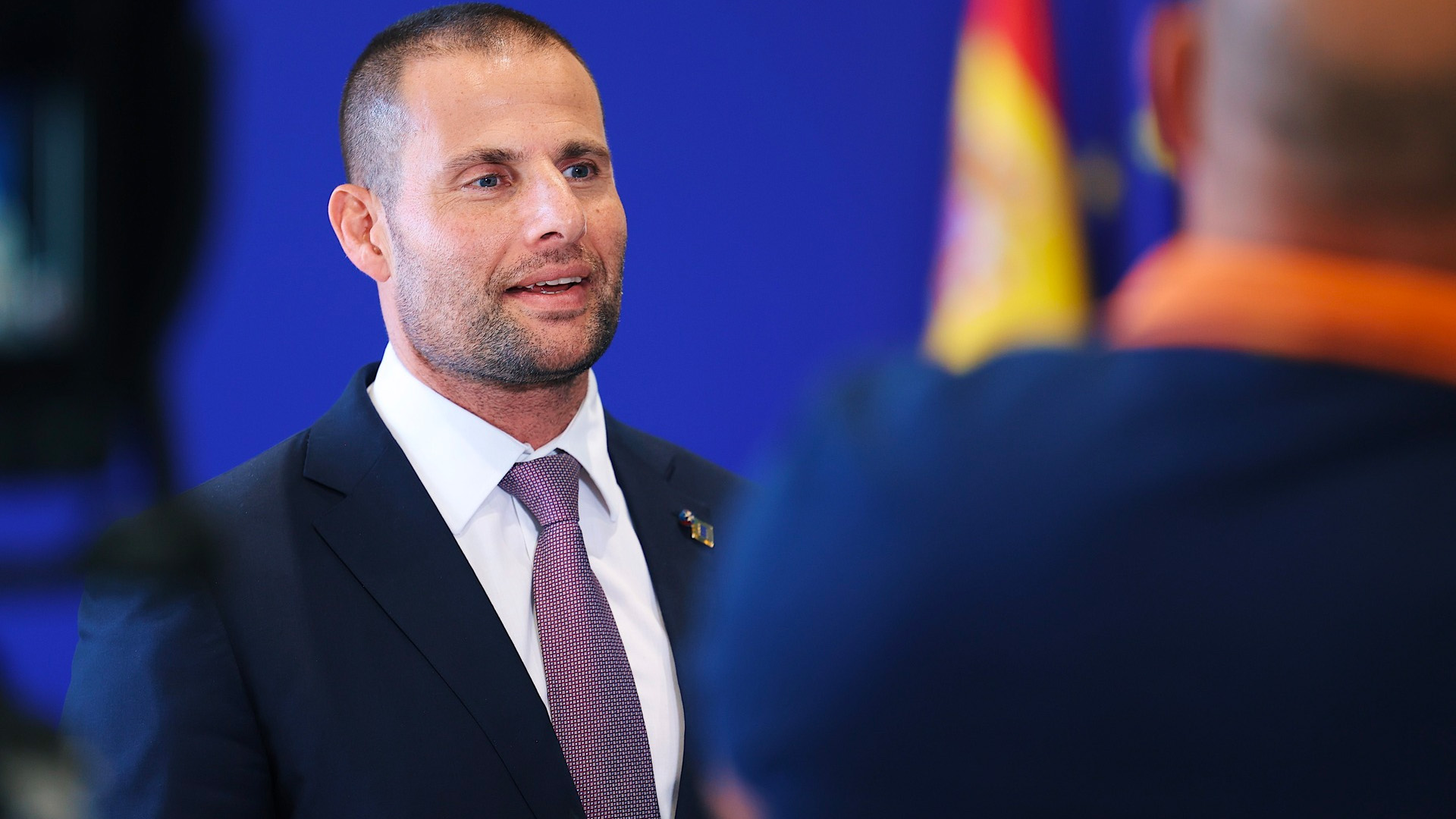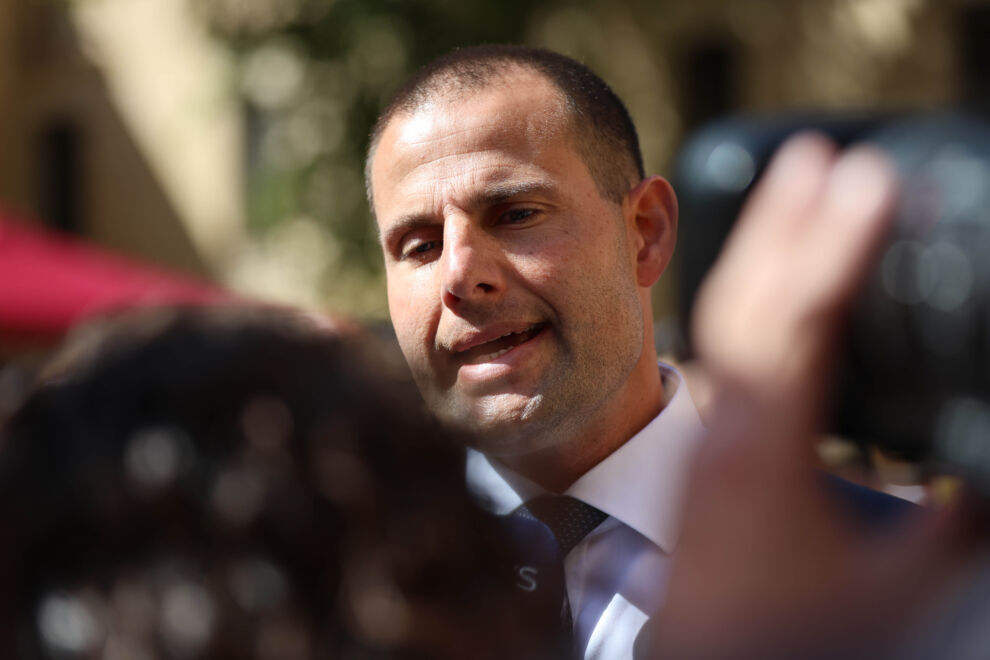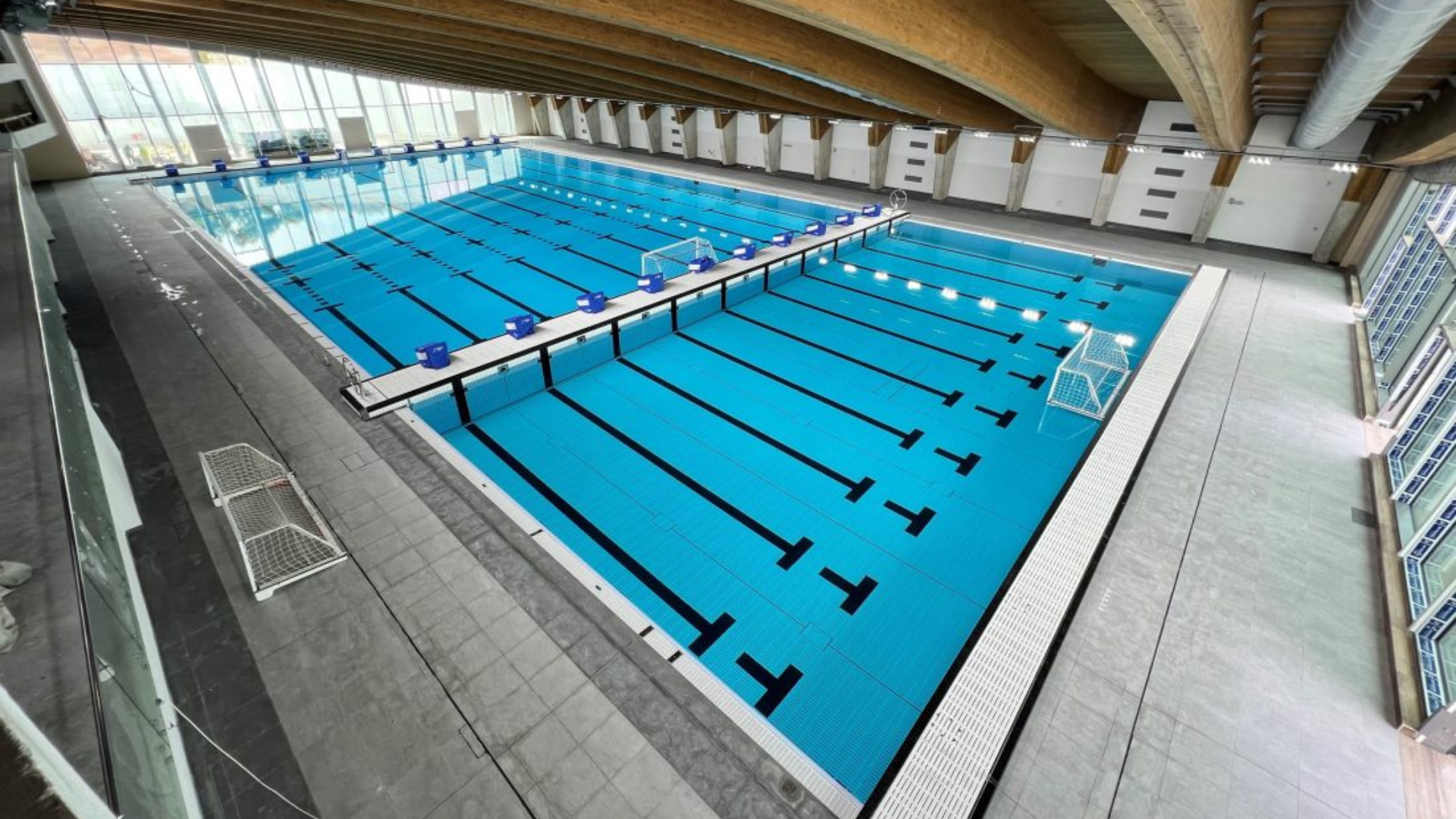Malta is in the grip of an epidemic of ecological grief born out of a system that wreaks havoc on our environment. By burying our heads in the myth of economic growth, we are ensuring a dystopian future.
We don’t like to talk about grief. Mourning is for the weak and should be done quickly. Snap out of it and get back to productivity. But grief can be productive.
It has an essential value. It shows you what you love and, therefore, what you should protect.
While we usually associate grief with the loss of a human relative, grief comes in many forms, and ecological grief runs as deep.
As part of nature and wholly dependent upon it for nourishment and wellbeing, we experience grief when we see its destruction.
We might not be used to putting such a label on how we react to nature’s loss, but we may be familiar with its effects.
Feelings of emptiness, anger, stress, exhaustion, sadness, fatigue and cravings for instant gratification have all been associated with grief.
I don’t think it’s a coincidence that Malta seems to be experiencing these kinds of symptoms on a macro level. We repeatedly see Malta ranking poorly on leaderboards for human wellbeing.
Obesity among adults and children is on the rise. Diabetes is projected to almost double by 2045.
We are both the angriest and the most worried in the EU, with young people and children bearing the brunt of the mental health crisis.
In the meantime, we experience some of the worst air pollution in the world and an ever-increasing traffic crisis.
Depression, stress, ill health, and anxiety are normal responses to a lifestyle that is sedentary, overstimulated, polluted, and provides no space for quiet and rest.
Increasingly, we are seeing more incidences globally of these responses to ecological grief as we degrade our natural world. Scientists and environmentalists know this well as they experience intense feelings of sadness and depression when witnessing ecological destruction first-hand.
Larger sections of the global population are beginning to experience this too, and nowhere more so, I suspect, than in Malta, where, due to our geographical limitations, there is literally nowhere to hide from what is happening.
Malta has experienced an unprecedented level of ecological destruction in the last few decades, reducing our home into a polluted, concrete jungle in the single-minded pursuit of ‘growth’.
The degradation is unrelenting. A process of ecological erosion that is resulting in a collapse of physical and mental wellbeing and increasing inequality.
But the real tragedy is that our leaders refuse to acknowledge this. Instead of applying the brakes, they continue pressing the accelerator in the deluded hope that more growth will magically fix the problem – a rising tide will lift all boats.
But a rising tide will drown you if you don’t get the hell out of the way.
The rising tide the political parties bank on is economic growth, as measured by GDP. But since when, exactly, is GDP a good — and exclusive — measure of human and ecological wellbeing?
GDP measures fiscal value, not intrinsic value, without differentiating between that which is constructive and that which is destructive.
To quote Kennedy, GDP measures everything monetary and excludes “everything that makes life worth living”.
How does that play out?
If public transport is underfunded and car sales increase, creating traffic jams and wasted fuel, GDP goes up.
If the workforce works longer hours and second jobs to meet rent, childcare, and mortgage demands, GDP goes up.
When they experience stress, malnutrition, and burnout, spending money on alcohol, therapists, and weight loss pills, GDP goes up.
Conversely, anything without a monetary value is distasteful to GDP. Rest, repair, reuse, care, family time, community, conservation, art, activism, cycling, and restoration are of no use. What use, asks GDP, is a beach if we get ‘nothing’ out of it?
Nevertheless, GDP is used as the only proxy for human and ecological wellbeing when it is more truthfully a measure of the wellbeing of capitalism and the privileged.
Therefore, because of this blinkered tunnel vision, national policies remain focused on creating endless growth without pause for breath or reflection.
Instead of recognising our collective grief for what it is and finding genuine solutions, we manically build more hotels, incentivise increasingly corrupt industries like gambling, and widen roads to make space for more cars.
This head-in-the-sand stance was seen nowhere more clearly than in Prime Minister Robert Abela’s vicious smackdown of the young people who dared to say that maybe, just maybe, an ever-increasing frenzy of growth is not the answer.
Just as deafening was Bernard Grech’s and the PN’s silence. This betrays a staggering ignorance on two levels.
The first is that in their position, Abela and Grech have the responsibility to be well-informed on developments in economics, sociology, and wellbeing. The response that degrowth is a “loser’s mentality” is the reaction of someone caught on the back foot.
If degrowth is about ‘losing’ anything, it is about losing inequality and discrimination and gaining equity and respect for workers, carers, ecology, and young people’s futures.
The second is that from their lofty position, they betray their wilful ignorance and disdain for the emotional and ecological grief Malta is increasingly experiencing.
This is unsustainable.













We never learn and when we try to do something it is always too little too late.
…reversing the societal disconnect our ‘leaders’ languish in…
Hear! Hear!
If the PN and MLP don’t give a toss for the young, then the young should remember this come (any) election time.